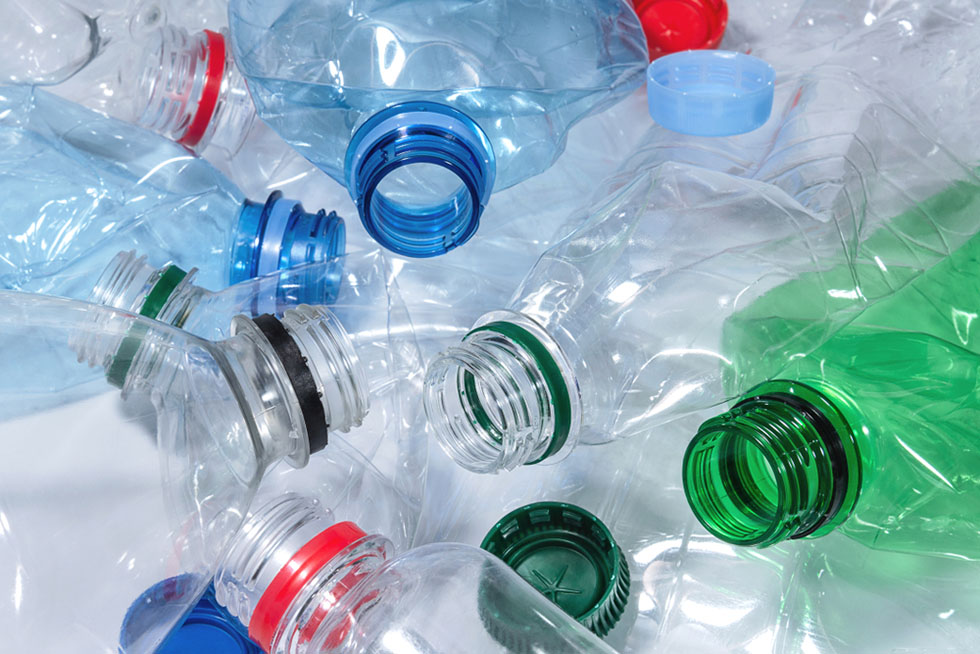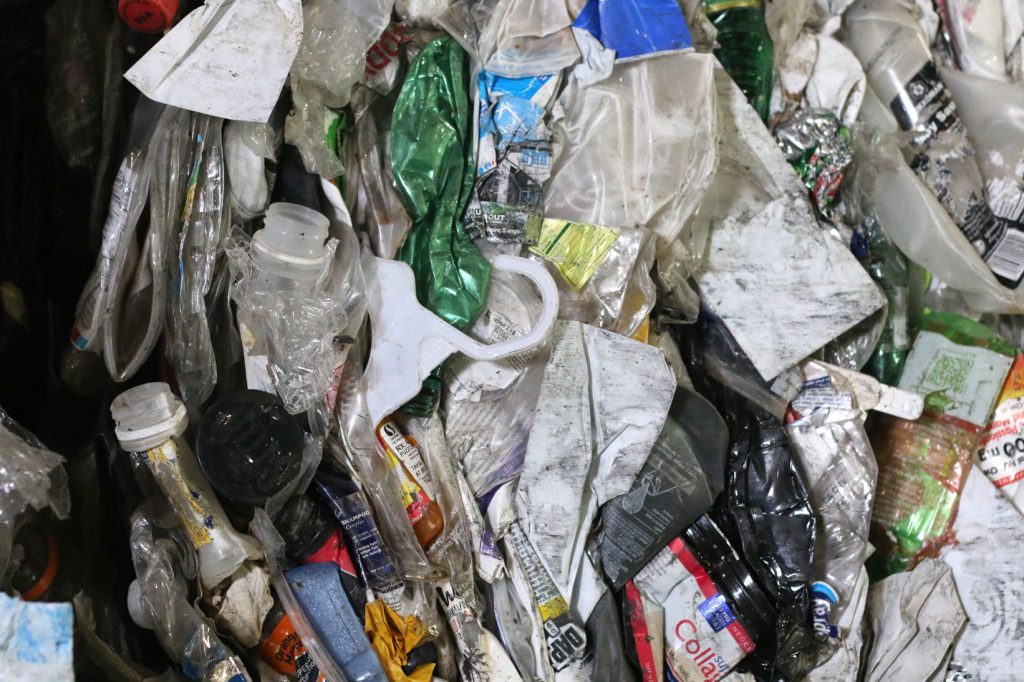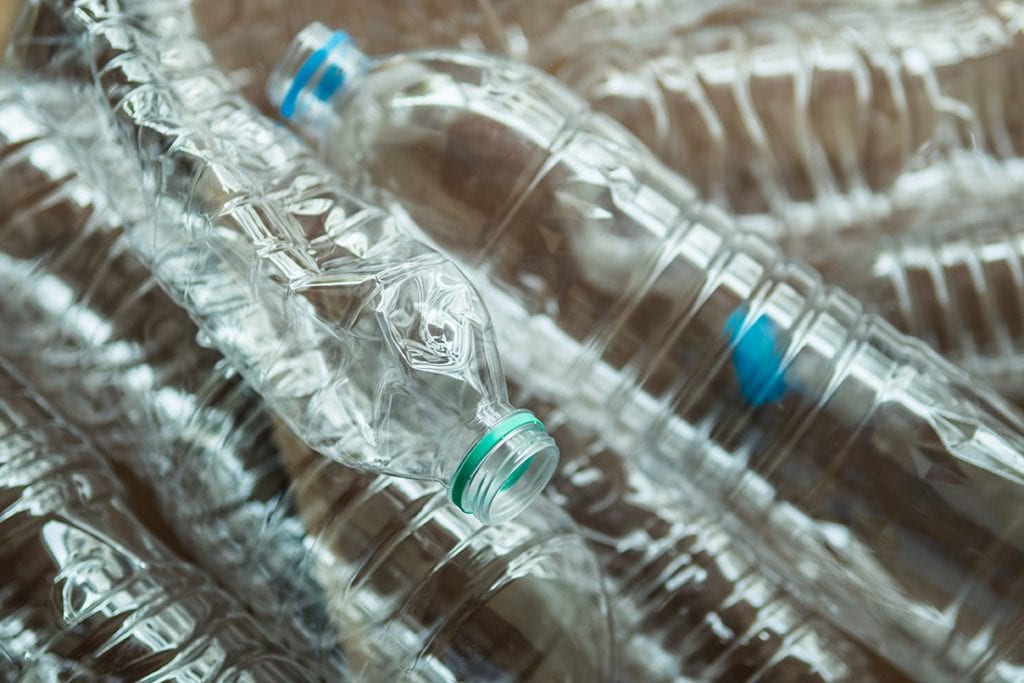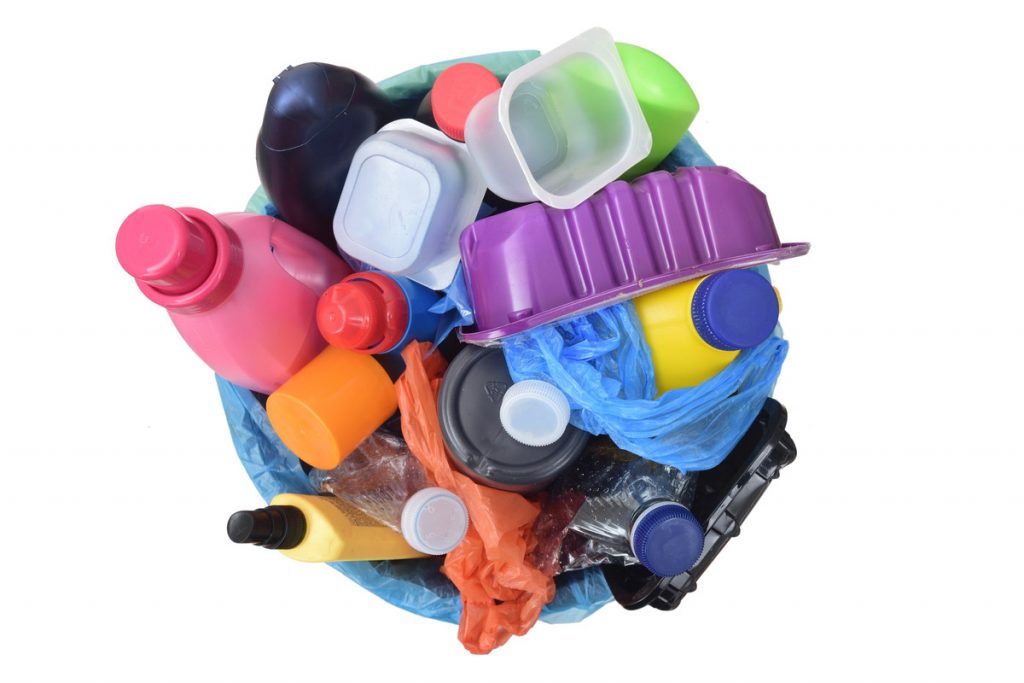
How2Recycle announced that all PP tubs, trays, bottles and cups will now be labeled with the organization’s “check locally” label. | Josep Curto/Shutterstock
Changes in U.S. recycling programs led the How2Recycle labeling initiative to downgrade recyclability classifications for non-bottle rigid PET containers and certain PP products, potentially impacting recovery of those materials.


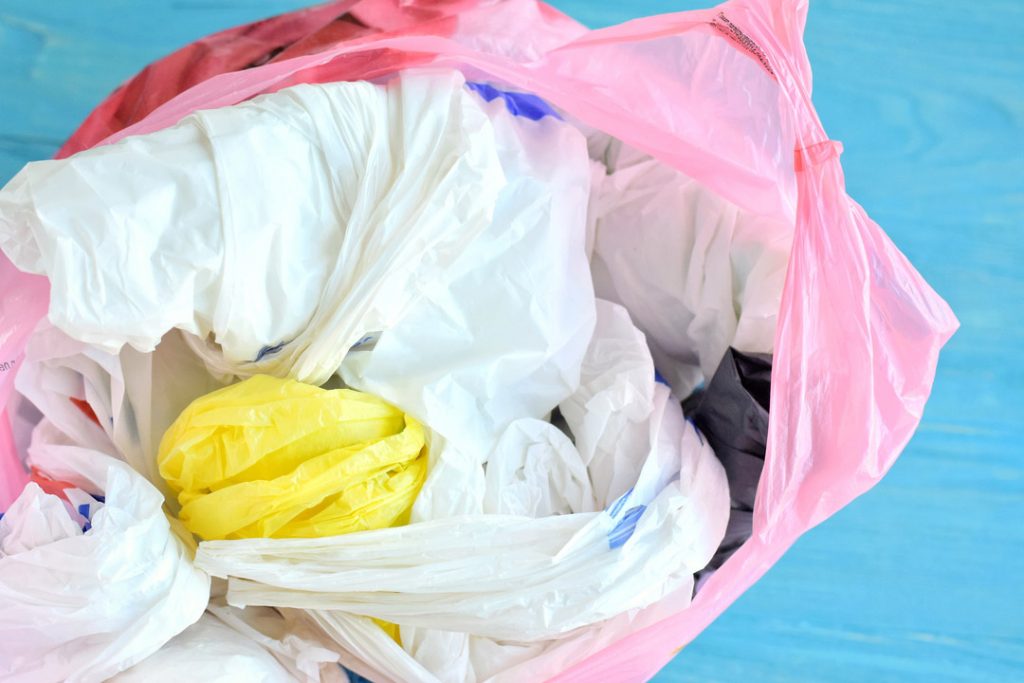

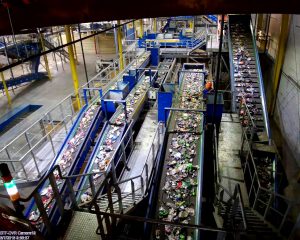 A joint-venture plastics recovery facility in Maryland will suspend operations in the coming days, citing challenges in the post-consumer plastics industry and pointing to a need to upgrade its equipment.
A joint-venture plastics recovery facility in Maryland will suspend operations in the coming days, citing challenges in the post-consumer plastics industry and pointing to a need to upgrade its equipment. When a vehicle enters the end-of-life stream, its metals will probably be recovered. But the plastics are likely headed to landfill, despite the fact that many of them are high-value, high-performance polymers.
When a vehicle enters the end-of-life stream, its metals will probably be recovered. But the plastics are likely headed to landfill, despite the fact that many of them are high-value, high-performance polymers. This is just what the doctor (and the plastics reclaimer) ordered: a guide that lays out the value of resins recovered from hospitals.
This is just what the doctor (and the plastics reclaimer) ordered: a guide that lays out the value of resins recovered from hospitals.